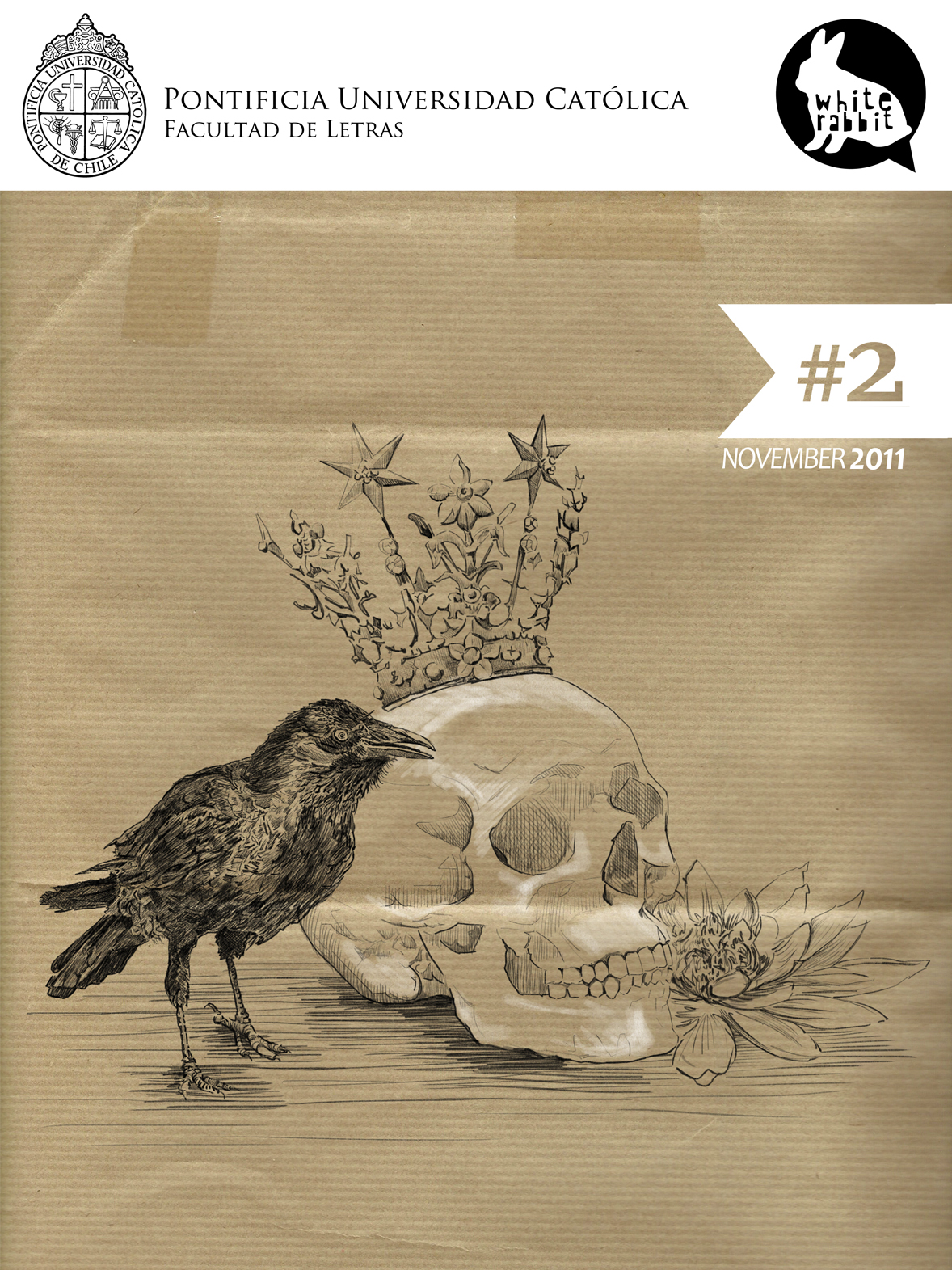Mourning Remains: an impossible elegy
DOI:
https://doi.org/10.7764/ESLA.61611Keywords:
MOURNING, TRANSLATION, MEMORY, HOSPITALITY, ELEGYAbstract
The present article deals with the idea of mourning as an (im)possible act of translation in the book (box) of poems: Nox, by Anne Carson. It analizes the way in which that particular literary artifact serves the purpose of both remembering and mourning the death of a lost brother through offering hospitality (in Derrida's take on the term) to other languagues: the language of foreign poetry, the language of pictures, of souvenirs, of remainders and reminders. The body of the dead brother (Michael) is replaced by a corpus (of works, of
letters, of language) and as such it is mourned by the poet/translator, thus revealing how mourning remains an impossible elegy no matter how hard one tries to fill it with light.
Downloads
Published
Issue
Section
License

This work is licensed under a Creative Commons Attribution-NonCommercial-NoDerivatives 4.0 International License.


